Kidney disease frequently develops slowly and quietly. Many people may not realize they have a …
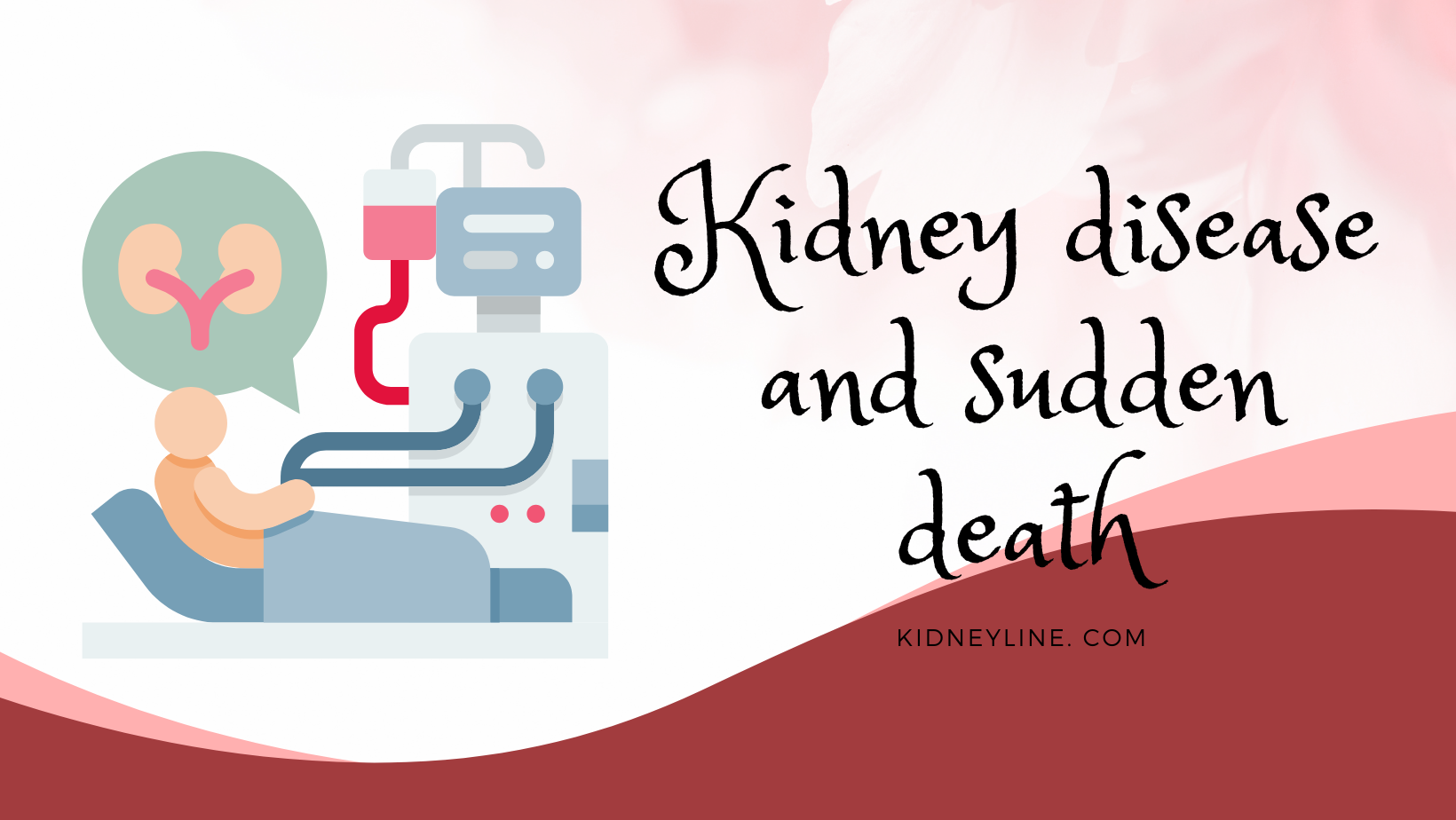
an online kidney care resource
an online kidney care resource

Kidney disease frequently develops slowly and quietly. Many people may not realize they have a …

If you’re starting dialysis or have been told you need a neck line, it can …

People who have kidney disease are at risk of having heart disease too. In fact, cardiovascular diseases cause huge problems in kidney disease.

If you’re on hemodialysis and have noticed that you’re no longer making urine or making very little know that you’re not alone. But before you worry, here’s what you need to know.
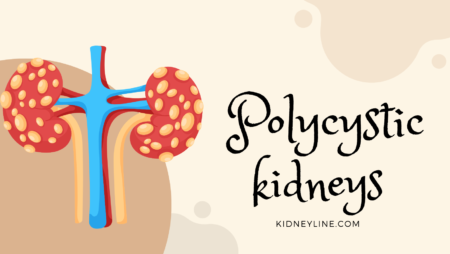
Polycystic kidney disease (PKD) is an inherited condition where many fluid-filled sacs, called cysts, grow in the kidneys.
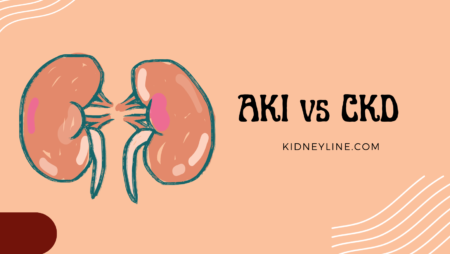
AKI and CKD are kidney disorders that. share some similarities. But, they are distinct with varied causes, symptoms, and long-term consequences
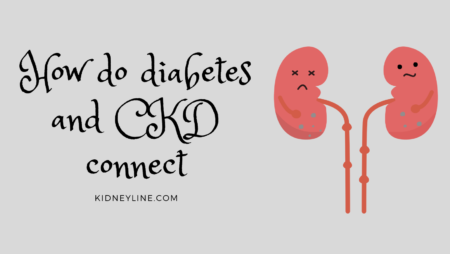
Not everyone with diabetes has CKD. Nor does everyone with CKD have diabetes. CKD occurs most often in people whose glucose levels aren’t well controlled.
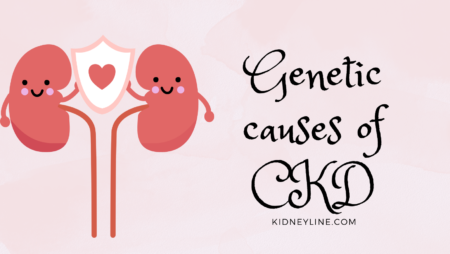
Our genes play a role in how the kidneys develop. As such, certain genetic mutations (changes) affect the structure and function of the kidney.
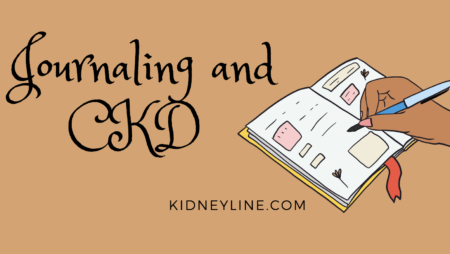
Journaling has been used in different chronic illnesses. Keep reading to learn more about journaling and chronic kidney disease.
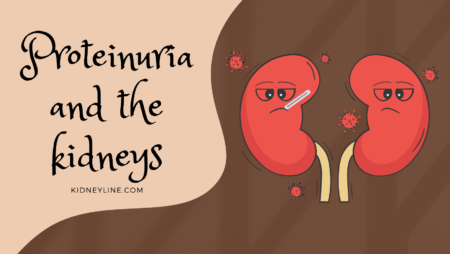
Proteinuria refers to a condition where protein is found in the urine. It may be a sign of kidney disease but can also cause further damage.